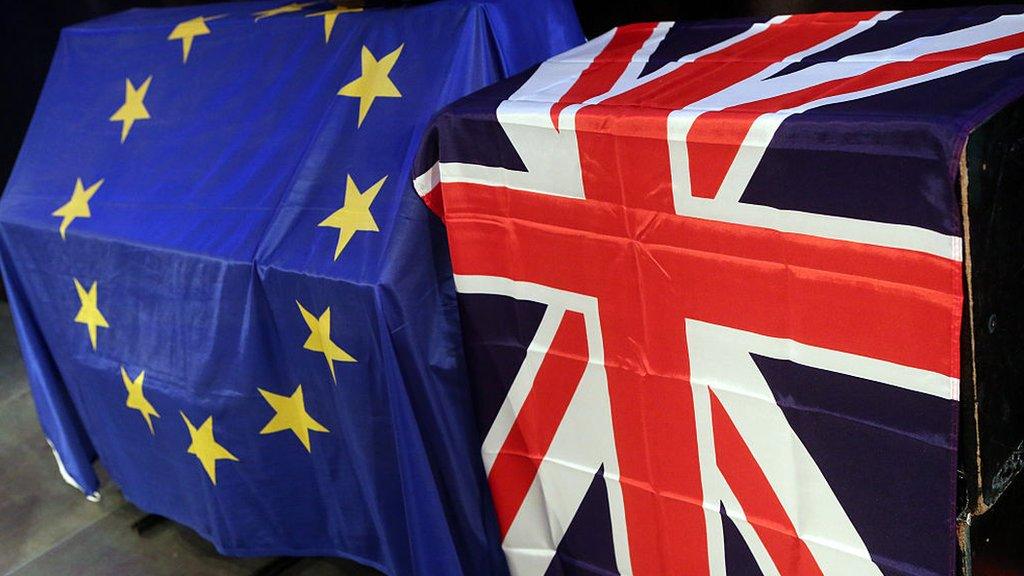Twelve parliamentarians to shape Westminster in 2017
- Published
- comments
Who are the 12 parliamentarians who will shape Westminster this year?
As 2017 gets underway, here's a rundown of the MPs and peers who are going to be making the political weather in the coming 12 months.
1. Lindsay Hoyle
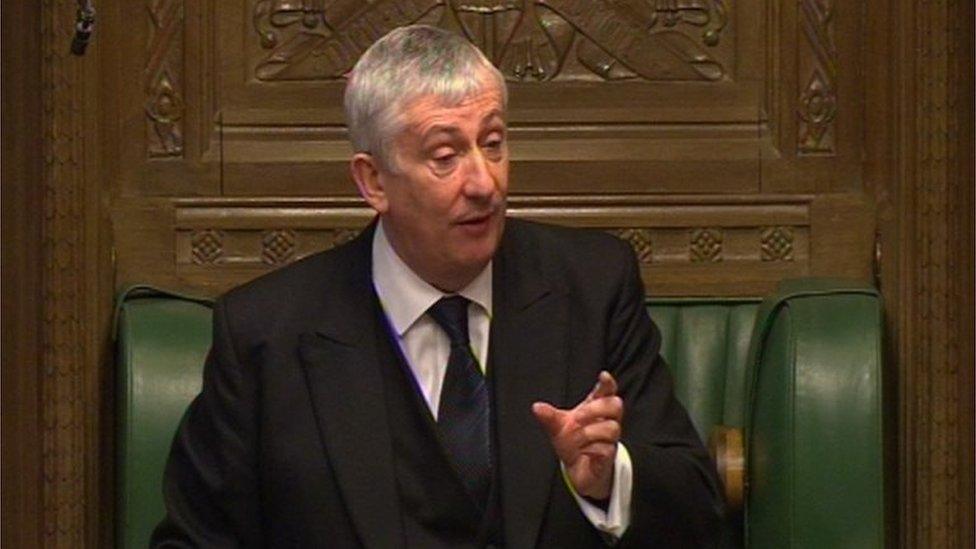
As Chairman of Ways and Means, the senior deputy speaker, Lindsay Hoyle will have a key role in the Brexit legislation coming down the track.
The promised Great Repeal Bill and the possible bill to give parliamentary authorisation to trigger Article 50 of the Lisbon Treaty (which will surface if required by a Supreme Court ruling, due in January) and begin the formal process of leaving the EU will both be constitutional measures which will have to be considered by a Committee of the Whole House - and guess who gets to rule on the amendments to be considered.
The government is promising to make both as "amendment proof" as possible, thus repelling any attempts by pro-EU MPs to attach terms and conditions to Brexit - and Labour is determined to attach riders on issues like employment rights.
As Chairman of Ways and Means, Mr Hoyle decides on selection of amendments in a Committee of the Whole House, external - the Speaker, by ancient tradition, is not allowed to be involved in committees (in the 17th Century, one of the reasons the House spent so much of its time in committee was because they wanted to minimise the time the King's toady in the form of the Speaker was in the Chair, ready to grass them up).
Mr Hoyle could find himself taking some highly-charged decisions, potentially setting up some very awkward Commons votes - although he will do so on the basis of the expert advice of the Commons clerks. This could be a severe test of both the chairman himself, and of the hidden wiring of the House, its unseen system of behind-the-scenes deal-making, involving the clerks, the whips and the Chair.
2. Lord Burns
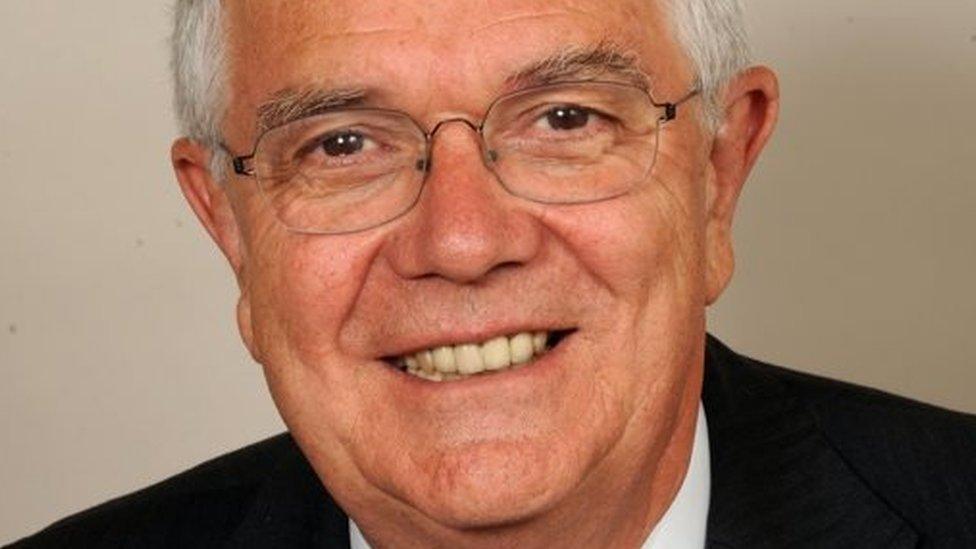
The formidable former permanent secretary to HM Treasury is to chair a Lords Committee, external to find a way to reduce the number of peers thronging the red benches.
Peers know the burgeoning size of their House is now a severe embarrassment, but as elsewhere in Parliament the Turkeys-Early Christmas principle operates, and while a few might be ready to hang up their ermine robes, the numbers are nowhere near enough to bring the size of the Lords close to parity with the Commons.
The key issue is whether any change is made on a pro-rata basis, or whether it changes the political balance of the House, perhaps to reflect the result of the last general election - if the latter, then the Lib Dem peers will face a cull.
3. Meg Hillier and Sarah Wollaston
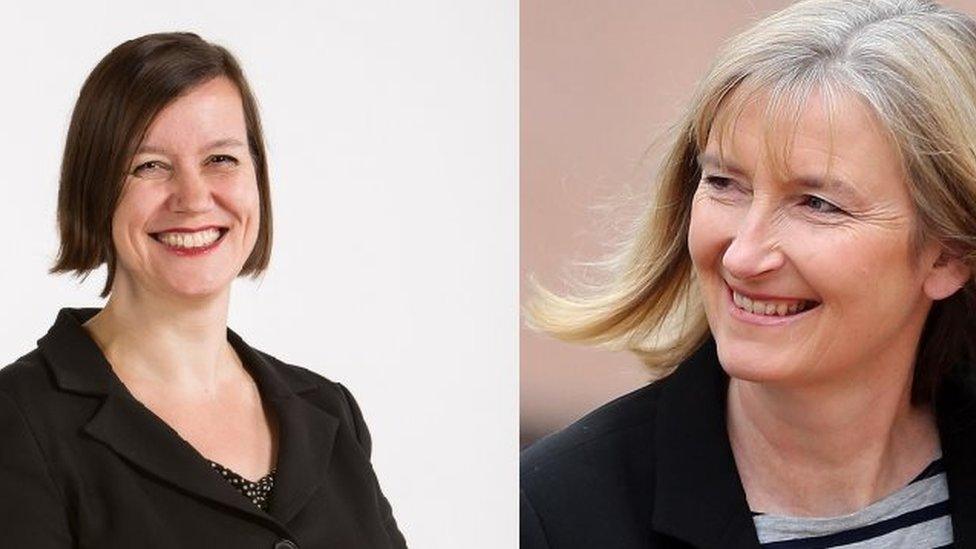
I know, that's two parliamentarians, but hear me out.
As chairs of the Health Select Committee and the Public Accounts Committee, Sarah Wollaston and Meg Hillier have formed an important cross-party axis to press for action on the financial sustainability of the NHS (they both questioned the PM on this at the Commons Liaison Committee, external) and they will be in a good position to keep up the pressure on ministers, with regular hearings to highlight the problems.
In fact, this kind of cross-committee cooperation is the hot new trend on the committee corridor, with considerable collaboration between different chairs on cross-cutting issues.
4. Steve Baker
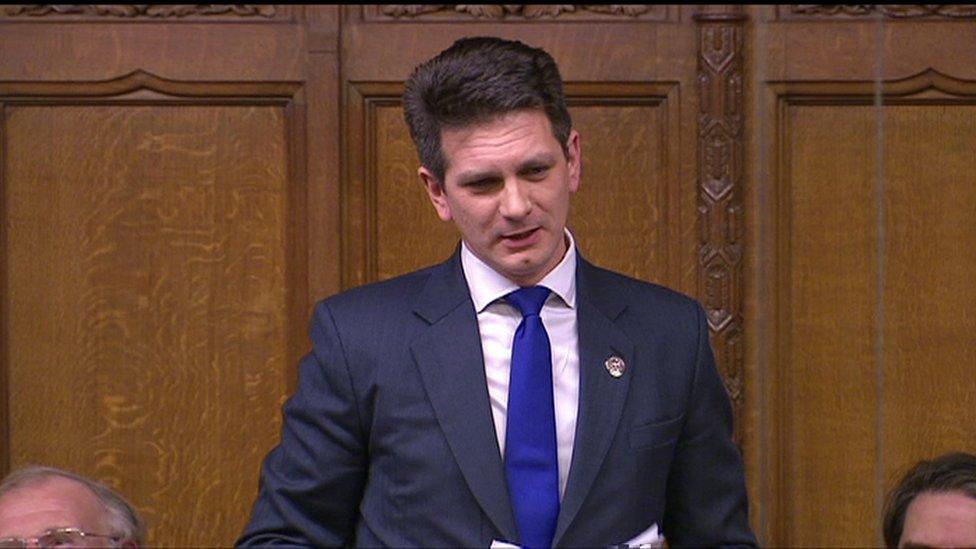
Also known as "Rebel Commander", the Tory MP for Wycombe may well be the most influential backbencher you have never heard of.
He's the key strategist who ring-mastered the backbench manoeuvres which cornered David Cameron into conceding a referendum, which involved high level diplomatic skills to keep the principalities and powers on the Tories' Leave wing working together.
He's now marshalling the same forces to argue against any form of Brexit which amounts to EU membership-lite. Media-shy, but utterly determined, he will seldom break cover, but will undoubtedly shape events.
5. Pat McFadden
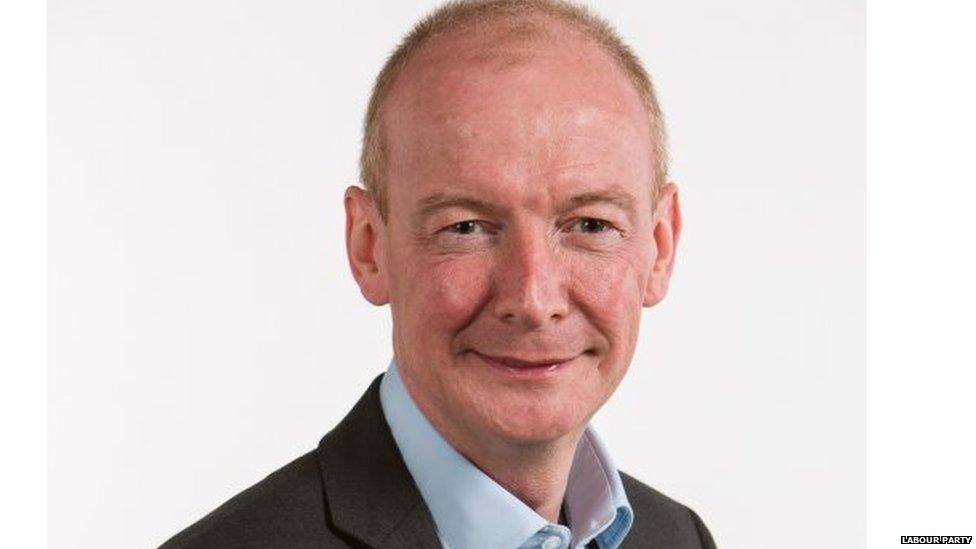
The smartest guy in the room in most Labour Party meetings, Tony Blair's former political secretary now sits on the Brexit Committee, where his interventions are few, but pointed. Since the referendum he has repeatedly told Tory Brexiteers that they must be held responsible for the consequences of the policy they persuaded the voters to back: "You broke it, you own it," is his refrain.
His calculation seems to be that a hard Brexit is on the way and that the political responsibility for any resulting economic pain must be pinned firmly to the government.
6. Johnny Mercer
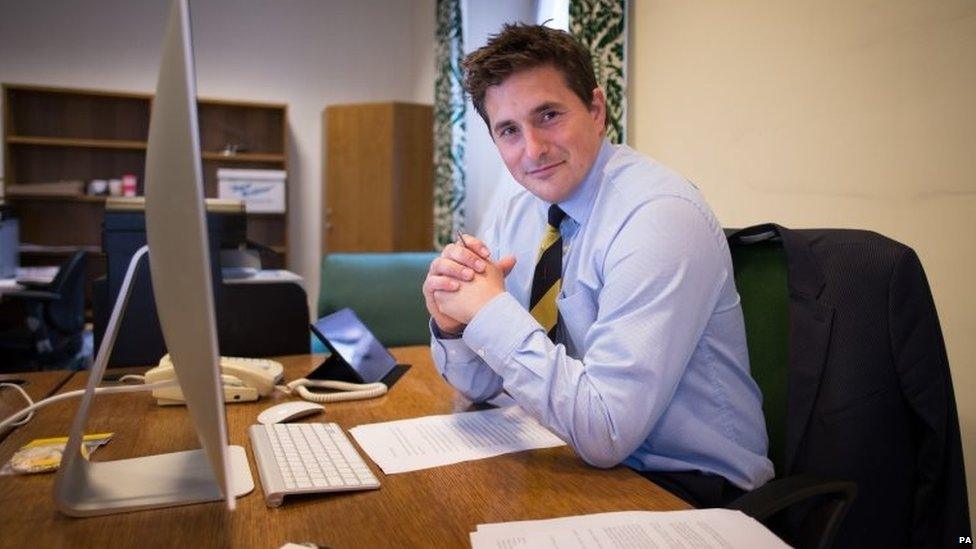
The Conservative MP and former soldier who's chairing an inquiry into the treatment of troops accused of war crimes in Iraq gave the Defence Secretary, Michael Fallon, and his supporting cast a very tough time at the most recent hearing of his special defence sub-committee - far tougher than Conservative MPs usually hand out to their leadership in a public forum.
The committee reports in January and on this showing the government will not be spared the lash - and with a parallel issue surfacing in Northern Ireland, there could be major implications to their conclusions there.
7. Angus Robertson
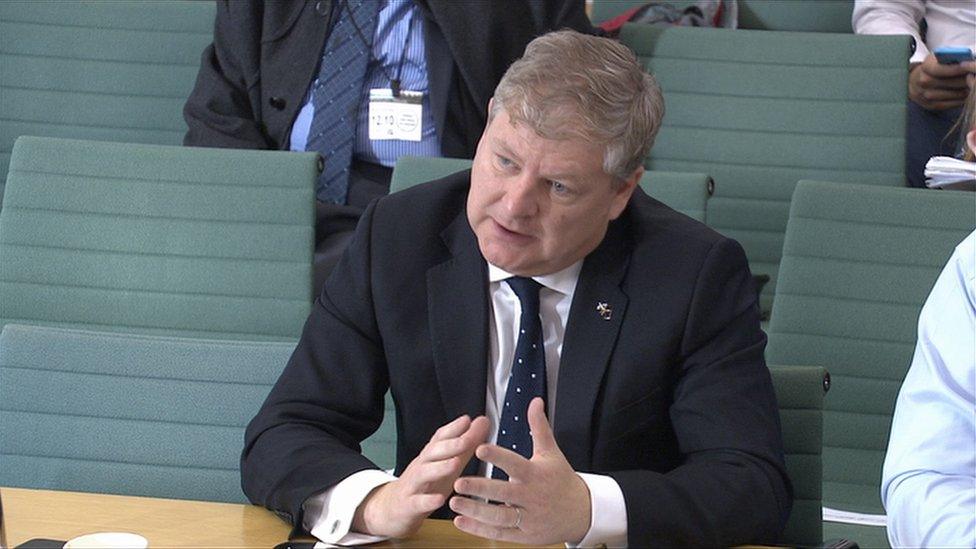
The SNP's Westminster leader is the class act in PMQs at a time when the two main protagonists are struggling to cope with this most demanding of Westminster occasions.
He uses his modest quota of questions to some effect - and could offer lessons to less effective interrogators. Expect his to be an effective advocate for the SNP's carefully-honed message on Brexit.
8. Jess Phillips
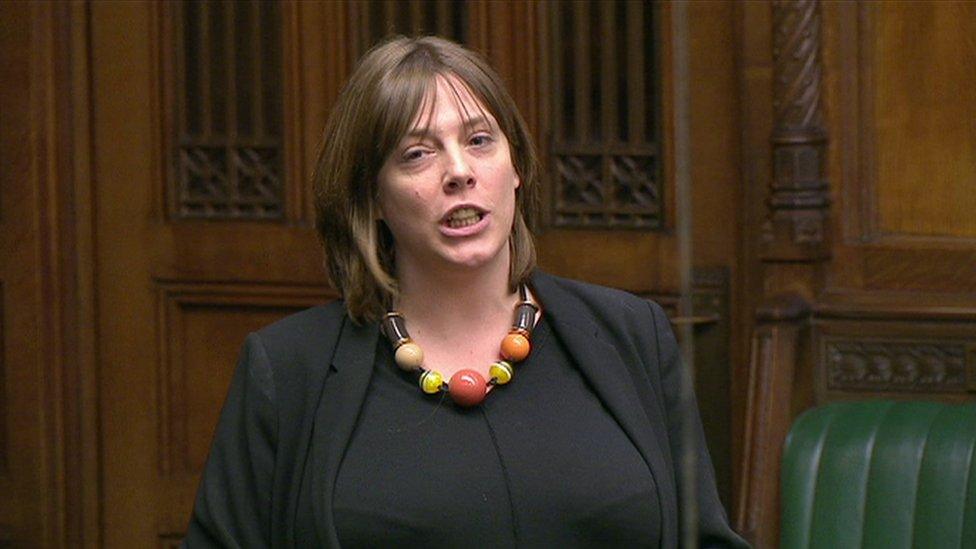
The stand-out orator of the 2015 intake (only the SNP's Mhairi Black comes close), she's the antithesis of the office-seeking Westminster clone and already has a resignation under her belt, from the lowly office of bag carrier to the former shadow education secretary, Lucy Powell.
She's such a confident speaker she may even find it too easy to busk - which could one day get her into trouble.
9. Lord Pannick
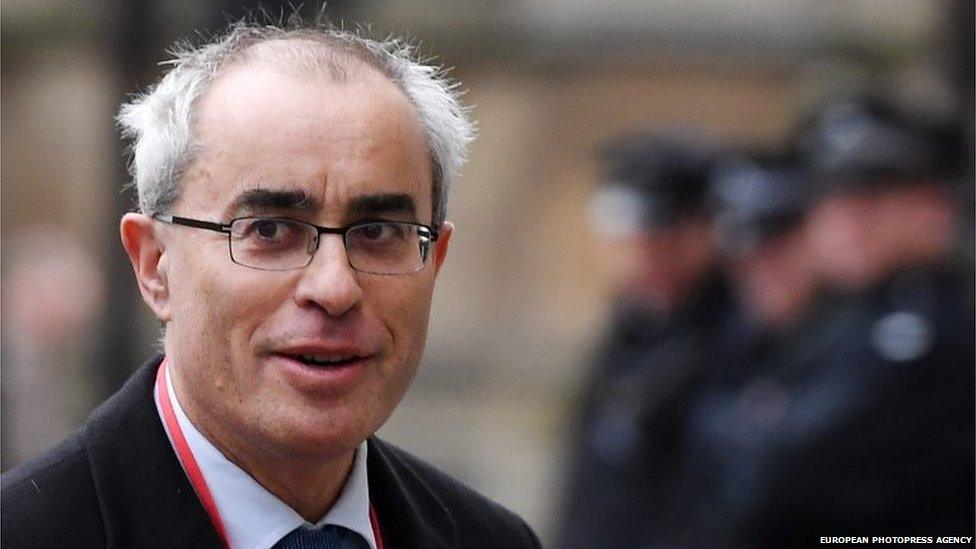
The crossbench super-lawyer's main impact on UK politics this year was as counsel for the legal action to force a parliamentary decision on the triggering of Article 50.
A few years ago I wrote that he was probably the most influential backbench peer in the Lords, because when he spoke in favour of some amendment to government legislation, other peers from all parties and none tended to follow his lead. I suspect that when Brexit legislation arrives before Their Lordships, his voice will be heard again.
10. George Osborne
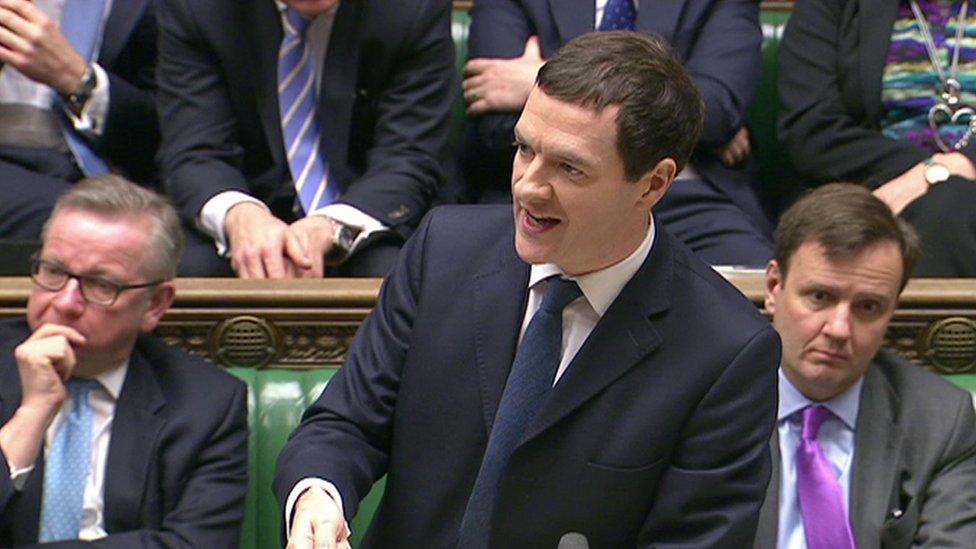
If the ex-Chancellor thought he had no future in politics, I suspect some smart young man from a high-powered Tory think-tank would, by now, have delivered a maiden speech as the new MP for Tatton.
Certainly, Leave campaigners suspect that he and his network are organising a soft Brexit strategy - an impression that pictures of him carousing with his coalition colleague, Nick Clegg, do nothing to dispel. He has recently broken his post-departure silence, both in the Commons and in the media; expect to hear more of him.
11. Lord Newby
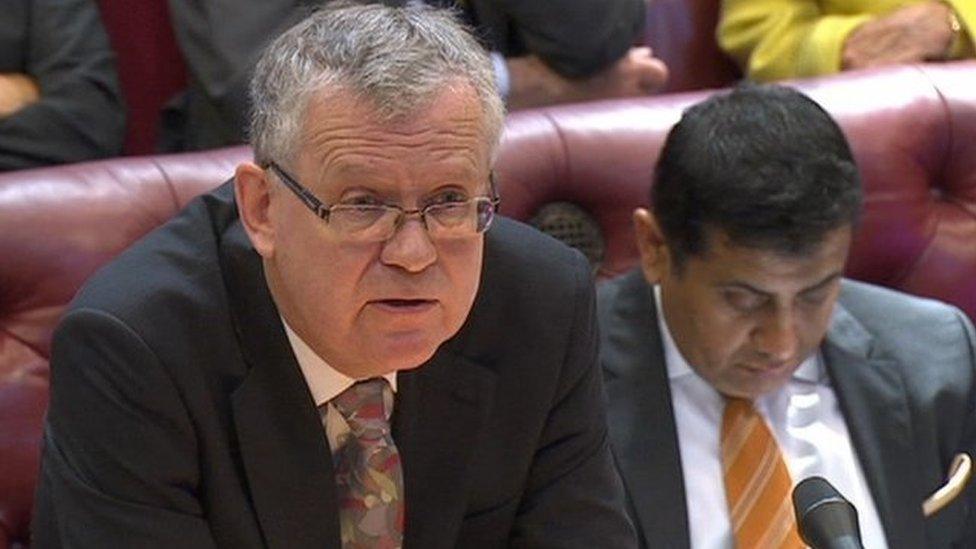
As leader of his party's 103 peers he is arguably the most powerful Lib Dem in the land...and if anyone in the Lords is going to attempt to derail Brexit legislation it would be them.
As a former chief whip, Lord Newby can work out the numbers, but his prospects of success or even making a decent showing, depend on his ability to lure peers from elsewhere, particularly Labour.
12. Sir Edward Leigh
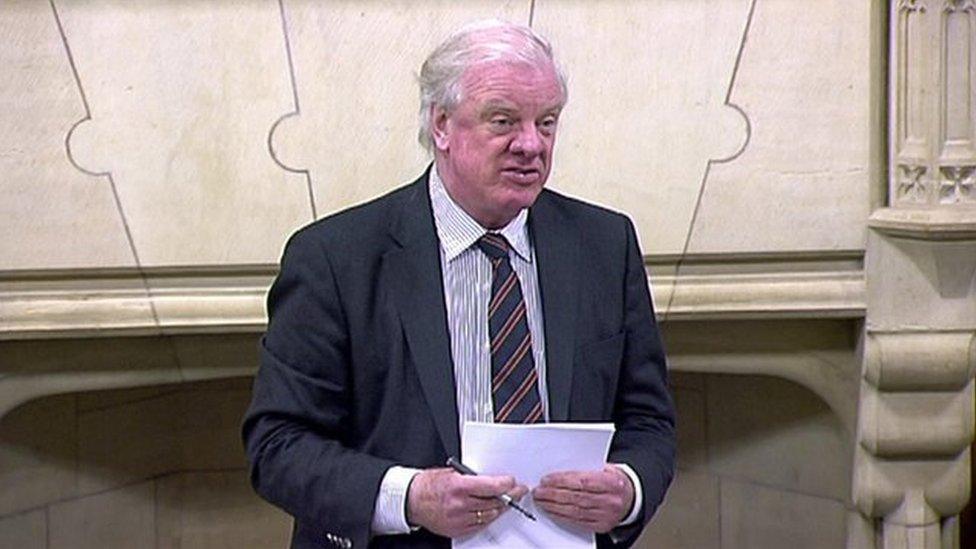
The senior Conservative backbencher has put himself at the head of a counter-revolution against plans to move Parliament out of the Victorian palace of Westminster to make way for a multi-billion pound refurbishment scheme.
When, late in January, MPs are asked to vote on the plan, which would see them decamp to a temporary chamber in, perhaps, 2021, he plans to propose an alternative scheme, which would ensure they remain in the building, with the Commons sitting in the Lords chamber, while peers are bumped to the Royal Gallery, next door. (Something similar happened when the Commons chamber was bombed out during World War II.)
He argues that the parliamentary authorities are pushing for an unnecessarily elaborate and unjustifiably expensive makeover. He won loud applause for attacking current plans at the Conservative 1922 Committee and he claims cross-party support for his alternative.
And one more?
One obvious omission from this list is Hilary Benn - the chair of the new Brexit Select Committee; this is not because he is unimpressive or because his committee is not full of interesting folk.
I hesitated over including him because I still wonder if the Brexit Committee can deliver useful reports that bridge the chasm between its Leave and Remain members. Mr Benn has proved a tactful and effective chair of its hearings, so far.
And if anybody can forge something more than a lowest common denominator consensus from its deliberations, then it is he - so, who knows, maybe he will top next year's list.
- Published30 December 2020

- Published28 March 2017
